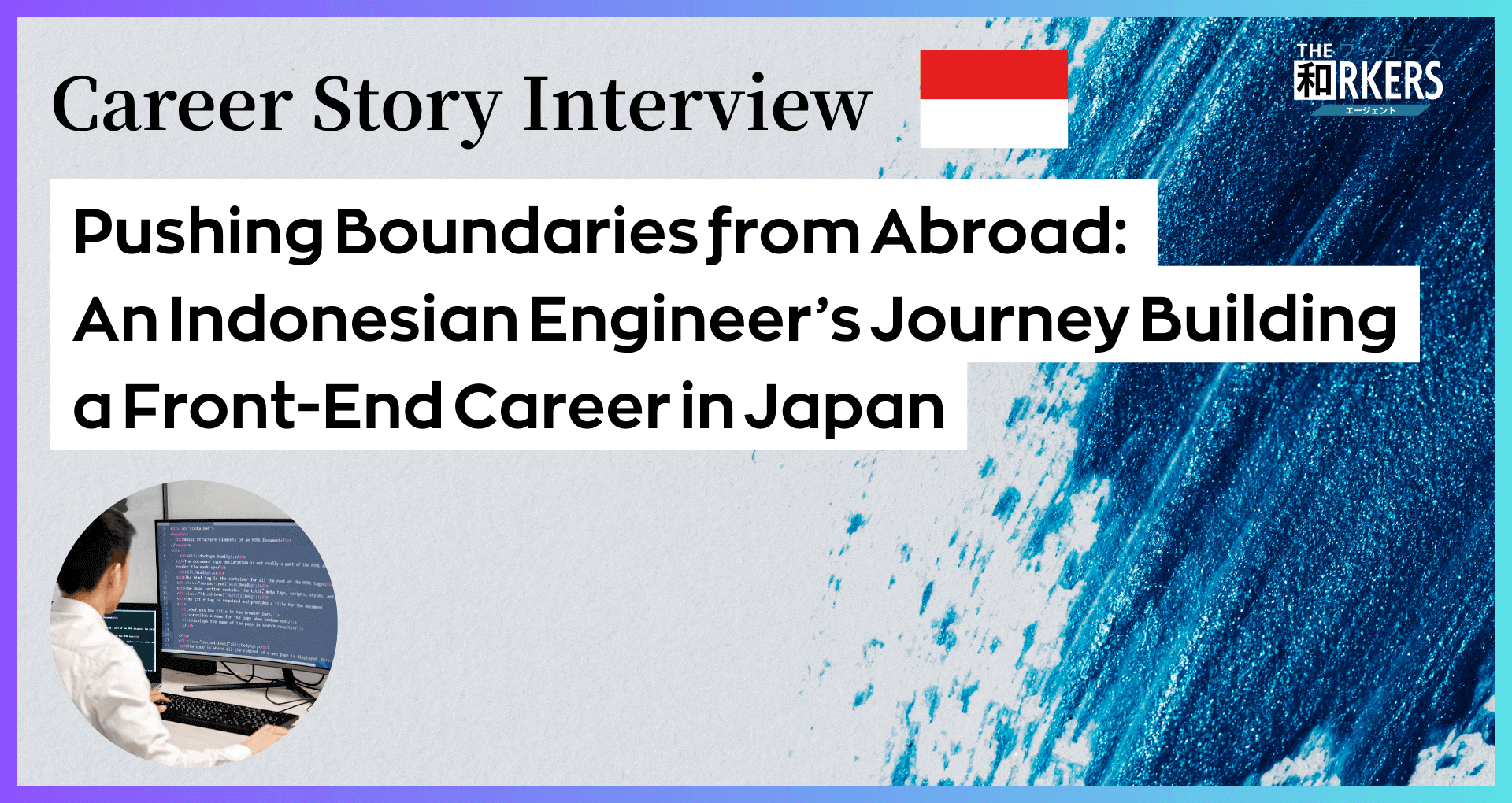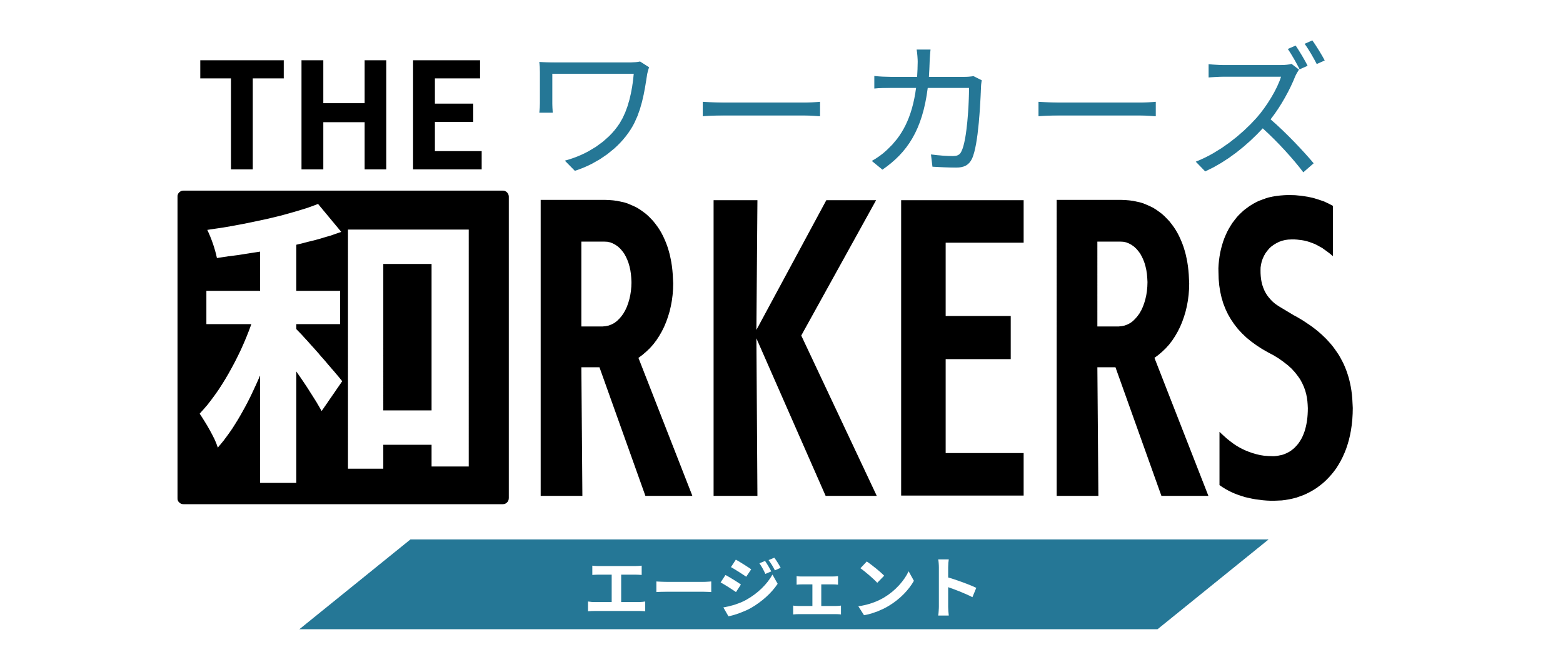Pushing Boundaries from Abroad: An Indonesian Engineer’s Journey Building a Front-End Career in Japan

A software engineer from Indonesia who has spent the past seven years building his career in Japan. From server and network monitoring to front-end development and now stepping into management—his path is one of venturing into unfamiliar fields and gaining confidence in a foreign culture. His story offers valuable insights for other foreign engineers aspiring to build a career in Japan.
Interviewee Profile
Originally from Indonesia, he studied IT at university before moving to Japan after graduation. After working in IT operations at a Japanese insurance company, he gained hands-on experience as a front-end engineer across multiple companies. He is currently engaged in developing a new product using Next.js at an in-house development company and is also taking on management responsibilities.
Starting a Career in Japan – What Brought Him to Japan and His First Job
— Could you briefly tell us about your background?
I’m originally from Indonesia and currently work as a front-end engineer at a tech company in Japan. My career started at a Japanese insurance company, where I spent about three years handling server and network monitoring.
After that, I wanted to broaden my engineering skills, so I shifted to front-end development as a contractor. Over the course of around three and a half years, I gained hands-on experience across multiple projects.
I’ve been with my current company for about a year, continuing to focus on front-end development work.
— What brought you to Japan, and what did you study in university?
I majored in IT at a university in Indonesia. I studied programming languages like Java, web-related technologies, as well as networks and servers—basically, it was close to computer science.
At the time, I wasn’t necessarily planning to work in Japan, but I had always been interested in Japanese companies. One day, a Japanese company came to my university for recruitment, and I decided to try an interview. That encounter led to an offer and eventually to my move to Japan.
— What sparked your interest in Japan?
It started with things like games, TV shows, and movies. I used to watch a lot of Japanese variety shows back in school, so I naturally became familiar with and fond of Japanese culture.
I couldn’t speak Japanese at the time, but I felt drawn to the country.
— How did you come across the Japanese company that offered you a job?
Actually, I wasn’t attending any job fair. The university notified us that a Japanese company was looking for candidates, and I thought it sounded interesting, so I applied.
The interview was conducted in English. I hadn’t originally considered working in Japan, but after speaking with them, I felt that if I had a chance, I should take it.
— Once you received the offer, did you decide to move to Japan right away?
Yes. Honestly, I felt like this was a rare opportunity, so I decided to go for it without hesitation. But before I could actually move, I had to learn Japanese.
After receiving the offer, I spent about a year studying Japanese full-time with the goal of reaching JLPT N2. I studied every day in a language school-type environment.
— Did you pay for the language school yourself?
The company covered about half the cost, and I paid the rest. Since I had just graduated, I was able to focus entirely on language learning.
After passing the final interview in Japanese, I officially began my career in Japan.
— What was your impression when you first came to Japan?
It was my first time in Japan when I started working here. I had been interested in Japanese culture for a while, so I was really excited.
I was a big fan of the game Yakuza (Ryū ga Gotoku), so one of the first places I visited was Kabukicho. I was amazed to see that the scenery from the game existed exactly as it did in real life—the atmosphere, the signs—everything looked just like the game. I remember being genuinely moved.
— What was the language environment like at your first job in Japan?
It was about 80% Japanese and 20% English. Since most of my colleagues and clients were Japanese, I naturally had to use Japanese more often.
I was the only non-Japanese member in the team, so day-to-day communication was mostly in Japanese. Especially when handling network-related issues, I had to talk on the phone directly with clients. It was tough at first, but it really helped me improve my Japanese skills through practice.
— Did you face any difficulties after starting work in Japan?
Yes, getting used to Japanese was really challenging at first. Even though I had studied up to JLPT N2 before coming, once I started working, I realized that wasn’t enough.
Kanji was particularly difficult—it took me a long time to read, and I struggled with technical terms used on the job.
Also, Japanese business etiquette and the use of keigo (honorific language) were confusing at first. Things like how to write emails, when and how to greet people, and how to interact with bosses and clients were very different from Indonesia.
But because I encountered these situations so often at my first job, I naturally got used to them through real-world practice. Looking back, I feel those early experiences became the foundation of my career.
Engineering Challenges – Transitioning to Front-End Development and Growing in the Role
— What was your working arrangement at your second company?
I joined the second company as a full-time employee. Through their outsourced development service, I was dispatched to work on development projects at client sites.
— What motivated you to consider changing jobs?
I originally entered the IT industry because I wanted to do development work. However, at my first company, I was mainly assigned to server and network monitoring tasks at client locations, and I wasn’t getting the development opportunities I was aiming for.
After about three years, I decided it was time to take on a new challenge and pursue the kind of work I really wanted to do, so I made the decision to change jobs.
— Development covers a wide range of areas. What field were you particularly interested in?
From the beginning, I was most interested in front-end development. I was fascinated by UI and the user experience side of web applications, so I wanted to build a career with a focus on front-end work.
— How did you go about your job search?
I received messages from several recruiters via LinkedIn. They introduced me to roles that seemed like a good fit, and after going through a few interviews, I accepted an offer from my second company.
— What kind of work did you do at the second company?
I worked on front-end development for an application used on devices installed in major mobile carrier stores for handling phone model upgrades. It was a great opportunity to gain both technical and practical experience in development.
— You mentioned you stayed there for about three and a half years. What stands out most from that time?
The biggest thing for me was being able to work on something I genuinely wanted to do. Since I hadn’t had that chance at my first job, it was exciting to start from scratch and gradually build my skills.
There were definitely challenges, especially at the beginning, but I felt a real sense of growth and progress toward my goals.
Current Work and the Future – Leading Development and Looking Toward Management
— What led you to move on to your current company after your second job?
At my previous company, I was working with Vue.js, but I wanted to explore other technologies. I also felt the desire to be more involved in product development in a stable, in-house environment where I could take greater ownership of what I was building.
With that in mind, I began looking into in-house development companies and ultimately chose my current employer.
— Among many in-house development companies, what made you choose this one?
A big factor was the cultural fit. I was drawn to the flexible working style with flextime and the supportive, team-oriented culture. I clearly remember how welcoming and helpful everyone was on my first day—it made starting my new role feel very smooth.
Another key point was the technical environment. I had the opportunity to work on what I genuinely wanted to do. Right now, I’m involved in building a new product from scratch using Next.js, and unlike my previous role that was more operations-focused, I’m now deeply involved from the planning and design stages. It’s been incredibly fun and rewarding.
— What is your current role?
I work as a front-end engineer, primarily developing a new product. In addition to that, I’ve also taken on some management responsibilities within the team.
Our front-end team has two members, including myself, and we manage progress and provide technical support together. The overall development team has more than 10 members, and we collaborate closely on a daily basis.
— What do you find most fulfilling about your current work?
The greatest sense of fulfillment comes from knowing that the product we’re building will genuinely help people. It hasn’t been released yet, but I believe it will provide real value when it’s out in the world.
We’re getting close to the release now, and since I’ve been involved from the very beginning, I’m really looking forward to that moment.
— What are your future goals or career vision?
In addition to front-end development, I’ve started to take on management responsibilities, and I’d like to challenge myself more seriously in that area going forward.
I’ve found great satisfaction in supporting others and helping them grow, and I’ve come to believe that management might be a good fit for me.
One experience that solidified this was when I mentored a new graduate last year. Through that experience, I discovered the joy of supporting someone and realized how rewarding it can be to feel that you’re making a difference. That experience inspired me to pursue a career that combines both technical expertise and management.
— Do you have any advice for foreign IT engineers who want to build a career in Japan?
I believe the most important skill when working in Japan is communication. This might be true anywhere, but in Japan especially, smooth communication is essential in daily work and team collaboration.
So, working to improve your Japanese skills is something you really can’t overlook.
That said, when it comes to technical skills—whether front-end or back-end—many of the tools and languages are shared globally, so there’s no need to worry too much on that front.
I also struggled a lot at first, but over time, with experience, I got used to the environment and became more comfortable being myself at work. For those who want to pursue an engineering career in Japan, I encourage you to believe in your skills and take on the challenge, even if there’s a language barrier.
— What do you personally find appealing about working in Japan?
I’ve never worked outside of Japan, but I’m now in my seventh year here. The fact that I’ve stayed this long says a lot—it means Japan has been a comfortable and supportive place for me to grow professionally.
Of course, I’ve faced difficulties with the language and cultural differences, but I’ve also grown a lot because of those challenges. I feel that this is a country where your efforts are genuinely rewarded.
What I find appealing about working in Japan is how much importance is placed on precision and responsibility—you can really hone your skills in that kind of environment.
For anyone thinking of building a career in Japan, it’s natural to feel uncertain at first, but there’s so much to gain and learn here. I hope more people take that first step and discover what they’re capable of.
\Software Engineers, IT Consultants, Data Scientists…/

Non-Japanese and aiming for a top-tier job in Japan?
Get in touch with THE 和RKERS Agent today.



Software Engineers,
IT Consultants,
Data Scientists…

Non-Japanese and aiming for a top-tier job in Japan?
Get in touch with THE 和RKERS Agent today.
